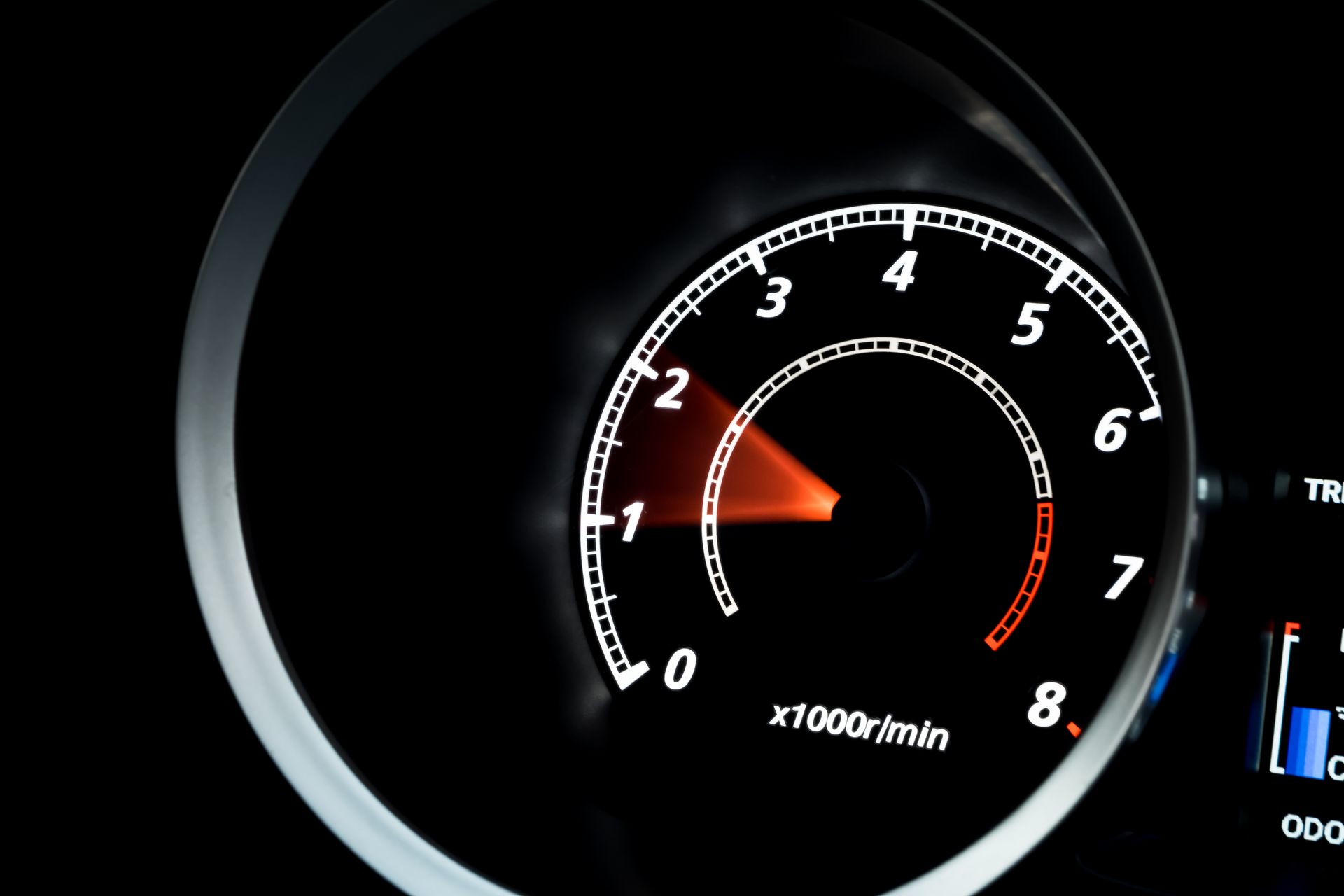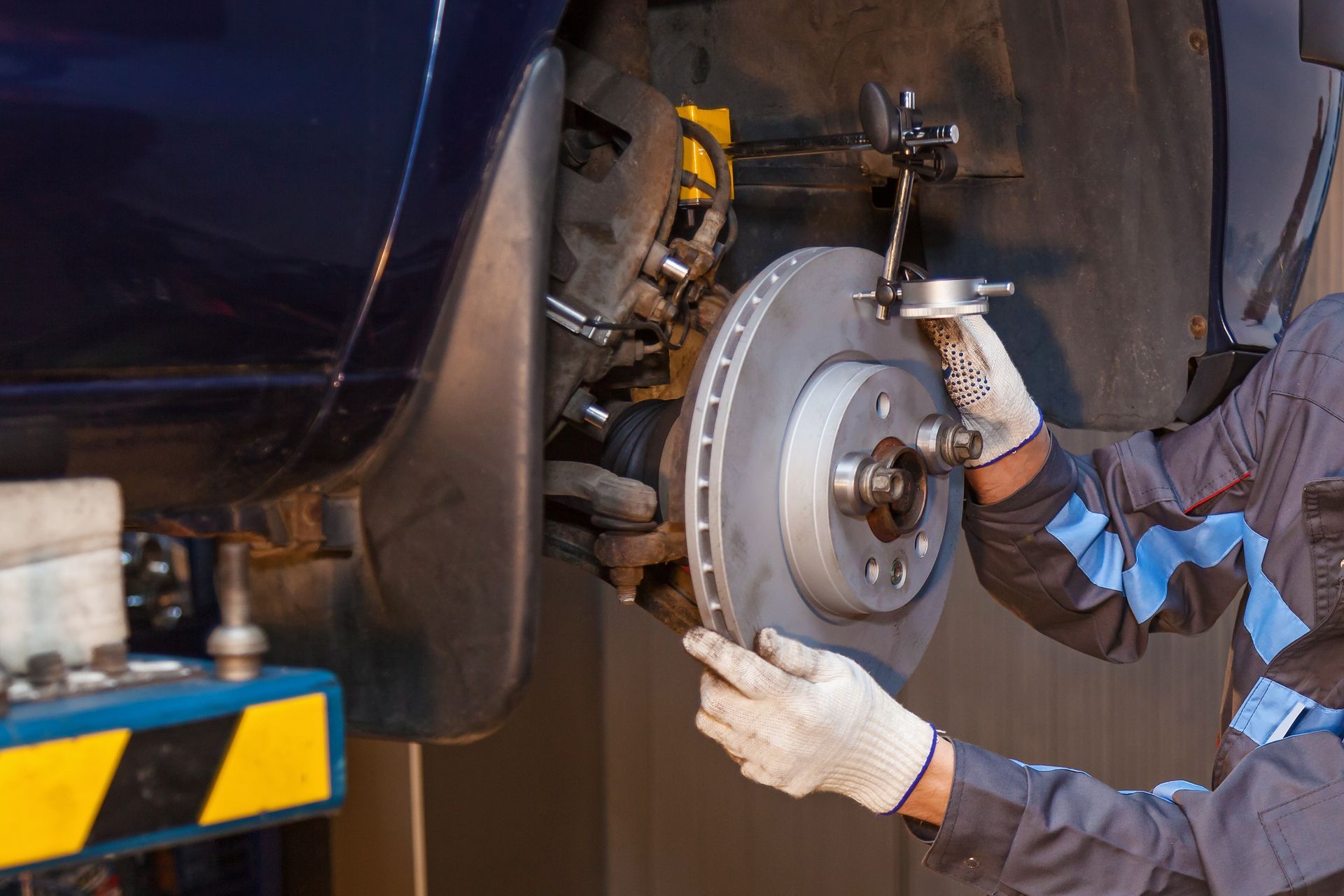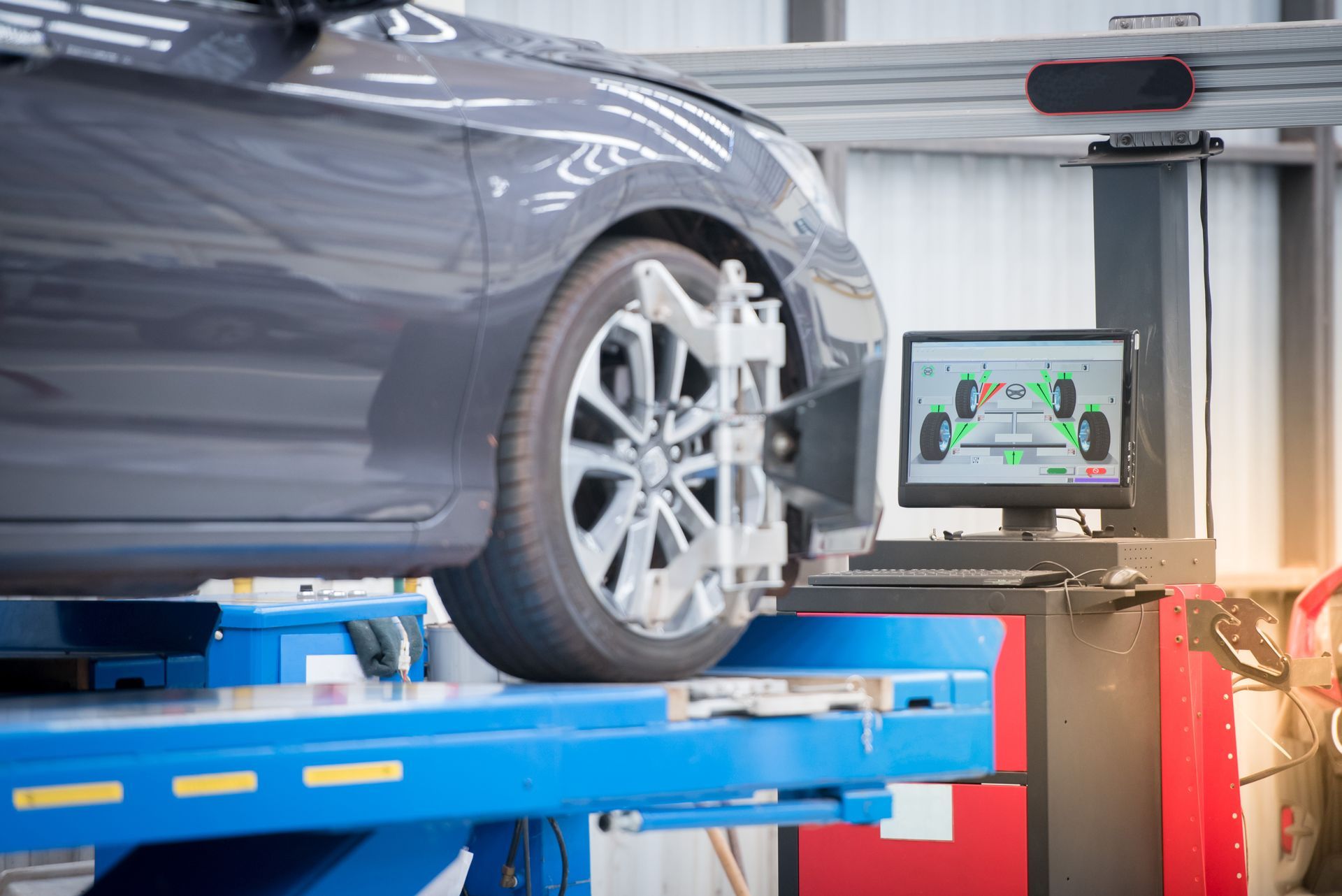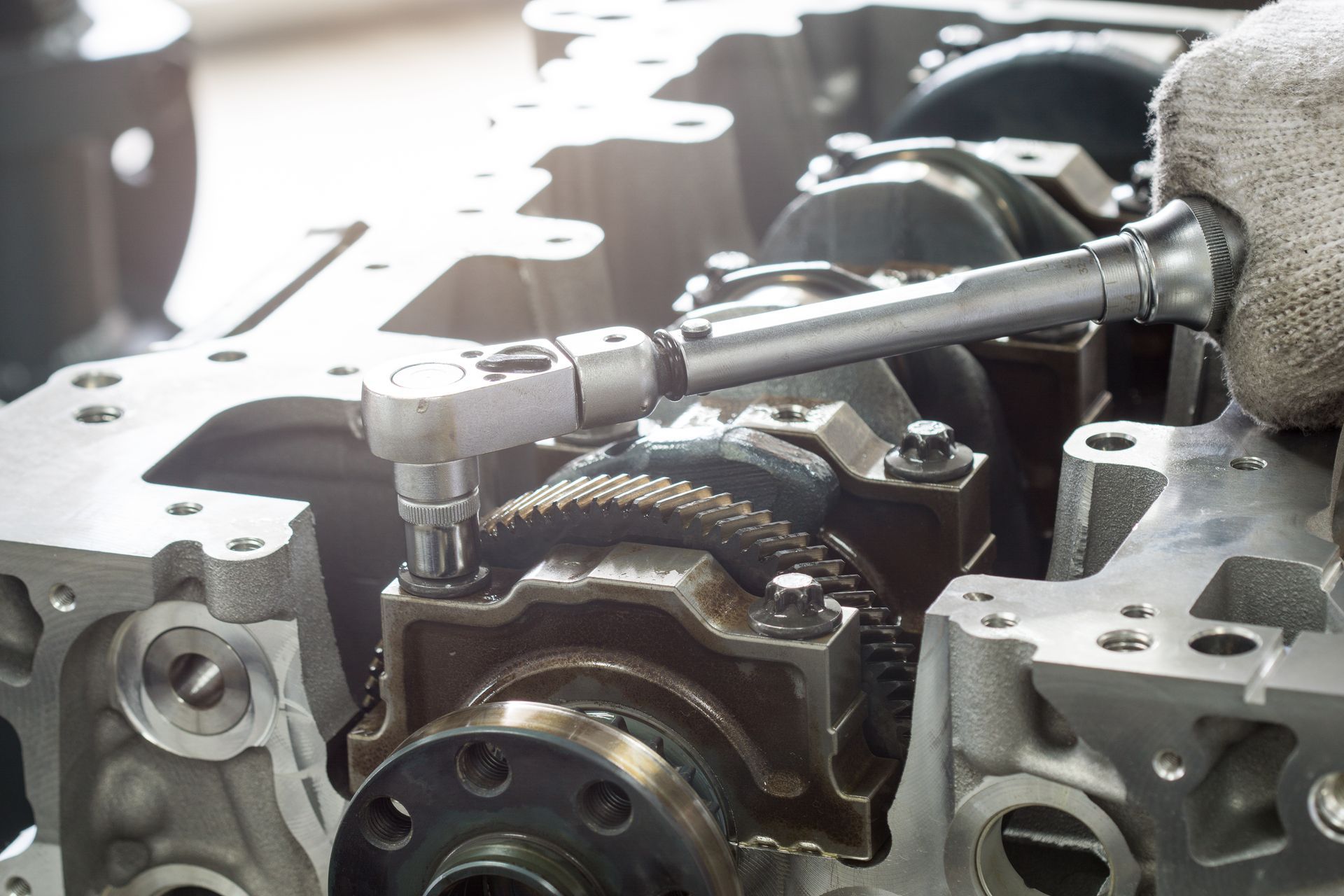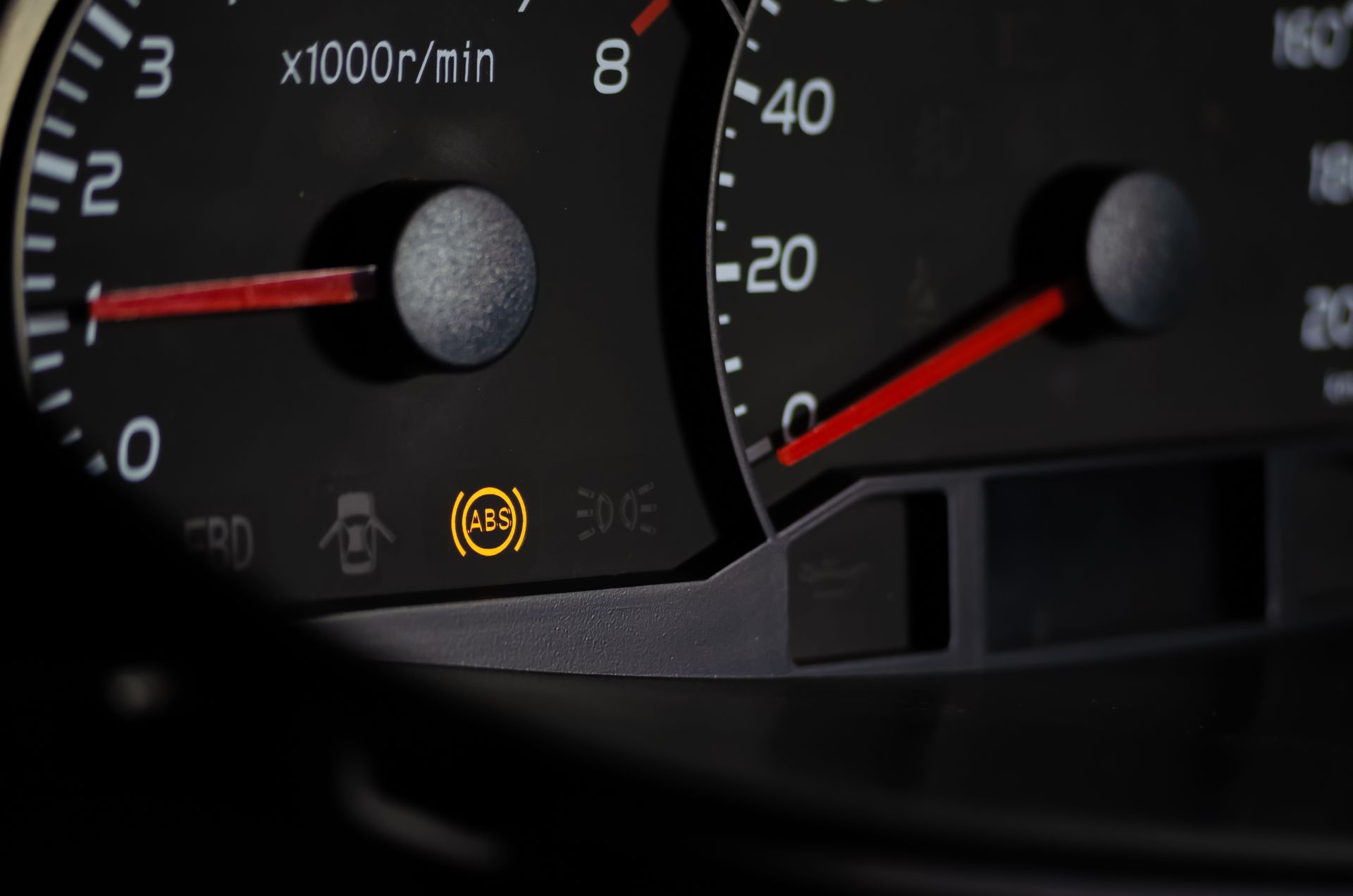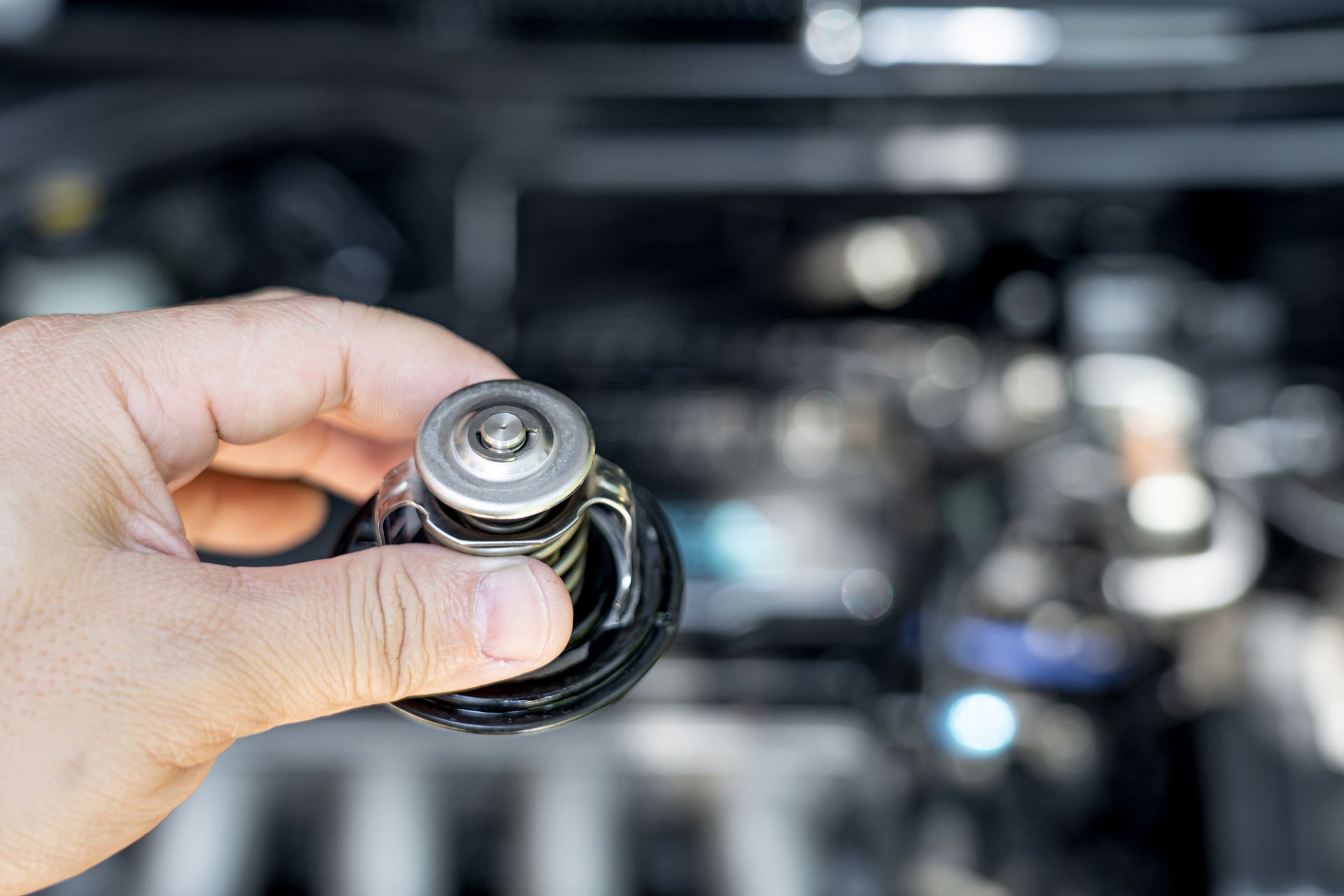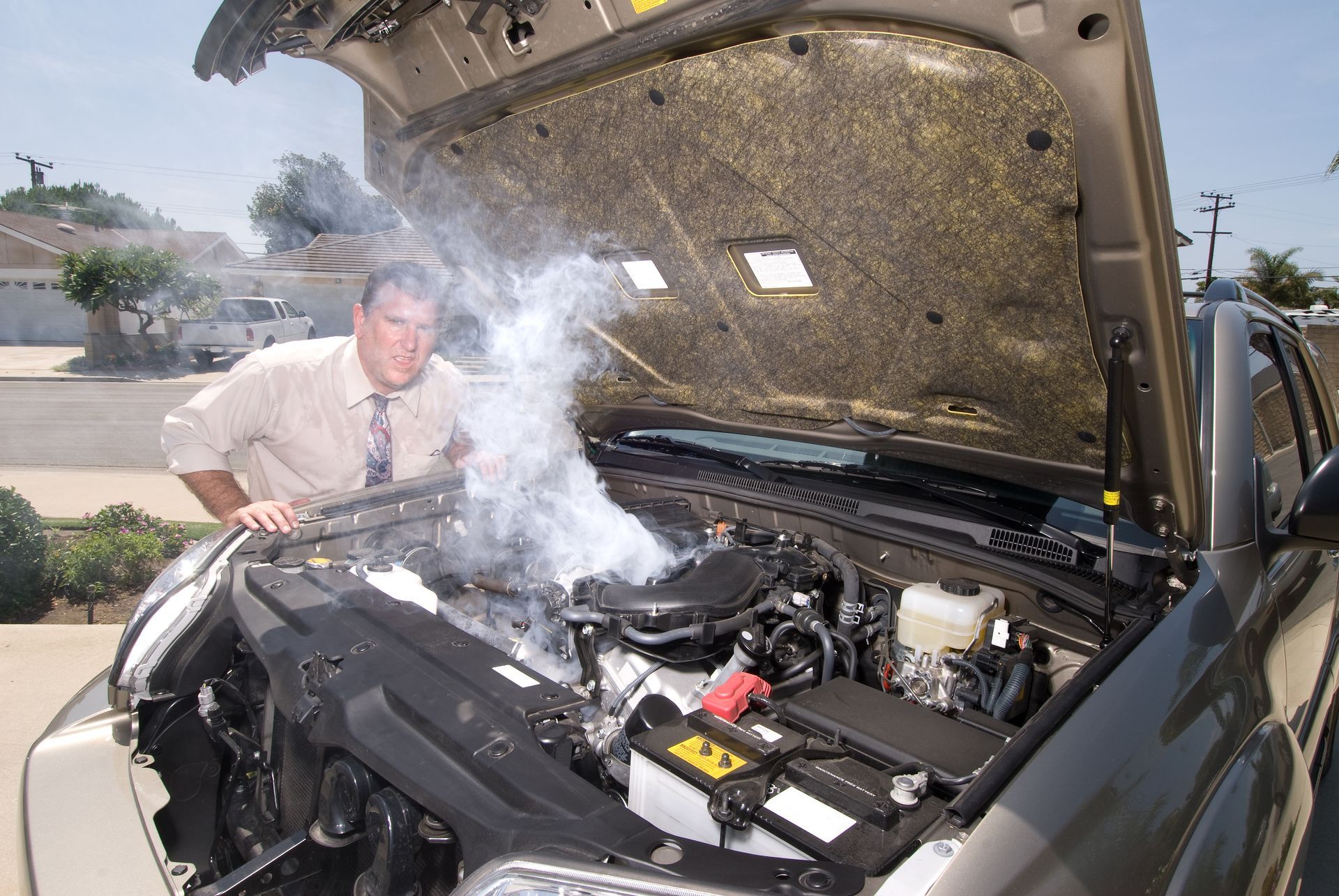As the weather cools and fall settles in across Toms River, drivers begin preparing for the holidays, shorter days, and crisp morning commutes. But one thing many people overlook is the effect that autumn has on their car batteries. It’s easy to assume battery trouble only shows up during freezing winter mornings, but fall is actually one of the most common seasons for battery failure.
The shift in temperature, the added demand from electrical systems, and the lingering effects of summer heat all combine to put stress on your battery. If your car has been starting slower lately or the lights seem a bit dimmer, your battery might already be sending warning signs.
Here are five reasons your vehicle’s battery might let you down this fall, along with tips to help you stay ahead of the problem.
1. Summer Heat Has Already Worn It Down
While cold weather gets most of the blame for battery issues, the damage often begins during the heat of summer. High temperatures cause battery fluid to evaporate faster, which can lead to internal damage. The chemical reactions inside the battery speed up, and over time, the internal components begin to degrade.
By the time fall rolls around, your battery might already be in a weakened state. You may not notice any problems right away, but as the weather cools and your engine requires more power to turn over, an aging battery can suddenly give out.
2. Colder Mornings Reduce Battery Output
Cooler temperatures slow down the chemical process that produces electricity inside a battery. On a brisk autumn morning, the battery has to work harder to deliver the same amount of power. If it’s already a few years old or weakened from summer wear, it may not have enough strength left to turn over the engine.
You might notice that your vehicle cranks a little longer before starting, or accessories like the radio or dashboard lights respond slower than usual. These are early signs that your battery is struggling in cooler weather.
3. More Power Demand from Accessories
Fall brings darker mornings and cooler afternoons, which means you’re likely using your headlights, defroster, climate control, and seat warmers more often. Each of these systems draws power from your battery, especially during startup.
If your battery is already under strain, this added demand can tip the balance. Using multiple high-drain accessories at once, especially just after starting the car, can cause the battery to drop below the level needed for a consistent charge. It’s a good idea to limit accessory use during startup if your battery is older or showing signs of wear.
4. Corrosion and Dirty Connections
Battery terminals are often exposed to moisture, dirt, and road grime, especially as the seasons change. Fall’s damp weather can speed up corrosion, creating a layer of buildup on the battery terminals or cable ends. That buildup interferes with the electrical connection and prevents the battery from charging properly or delivering full power.
In some cases, a simple cleaning of the terminals can improve performance. If corrosion is left unchecked for too long, it can cause more serious internal damage or result in a poor connection that makes starting the vehicle difficult or inconsistent.
5. Age and Lack of Preventative Maintenance
Most vehicle batteries have a lifespan of about three to five years. After that, performance begins to drop off quickly. If your battery is in that age range, now is the time to have it tested, even if it still seems to be working fine.
Fall is also the perfect season to check the overall charging system. A weak alternator, worn belt, or parasitic drain can all make a good battery go bad. Preventative maintenance can catch these problems early, helping you avoid the frustration of a car that won’t start when you need it most.
Stay Powered Up with PRO-CAT Auto Care & Repair in Toms River, NJ
If your car has been starting slowly, your battery light has flickered, or it’s been a while since your last battery check, don’t wait until it fails. At PRO-CAT Auto Care & Repair in Toms River, NJ, our technicians can test your battery, inspect the charging system, and recommend the right solution for your vehicle.
Schedule your battery inspection today and head into the season confident that your car will start strong every time.


